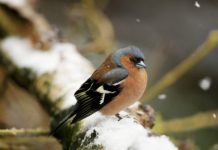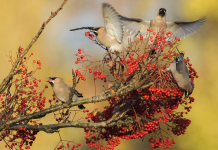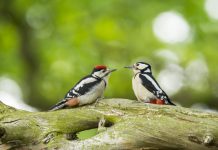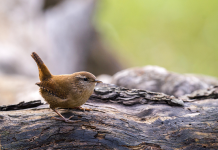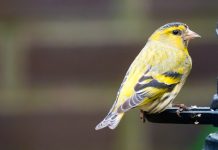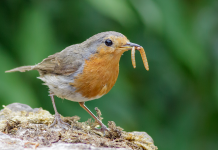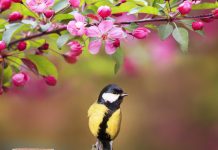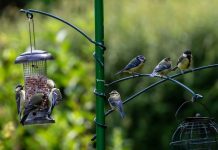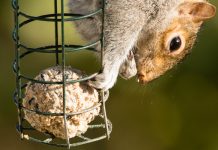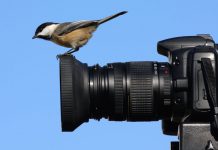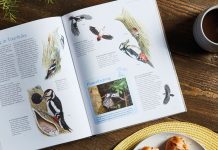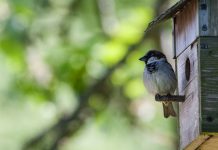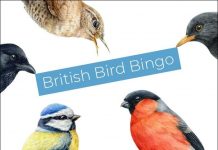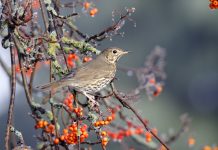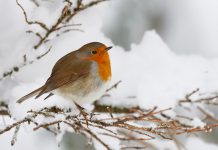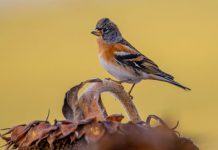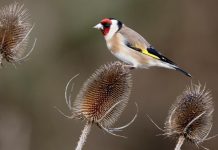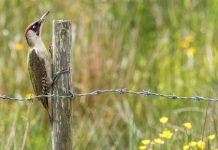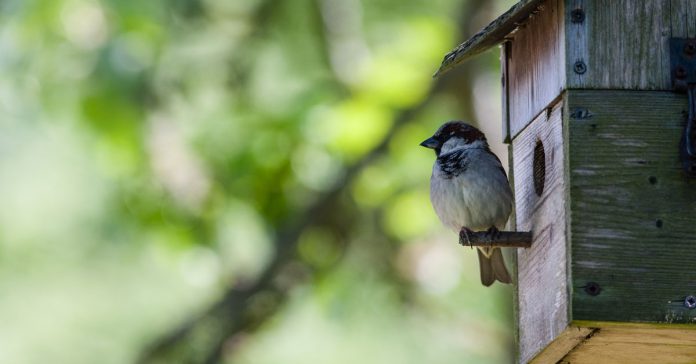It seems that every year, month, week and day is now dedicated to something or other, and that’s not always a bad thing! Any reason to dedicate seven full days to nesting boxes has to be good.
Natural nesting sites aren’t as prevalent as they once were, so by putting up a simple little wooden home in your garden, you can help during breeding season. This does of course vary from bird to bird, but in the early parts of the year, from late winter to spring, bird houses really are of essential importance for many flying visitors.
So what’s this special week about then?
What is National Nest Box Week?
National Nest Box Week takes place between 14th-21st February each year. It is run by the British Trust for Ornithology and hopes to not only promote the benefit of nesting boxes, but also looks to encourage people of all backgrounds to put up a nest box in the garden, school, workplace or anywhere they can think of!
How to get involved
Just like the Big Garden Birdwatch, it’s easy to get involved. If you have a nesting box, and it isn’t already occupied by a family, then make sure it is clean, located in a safe, preferably sheltered location (trees are perfect) and that it is not too close to other nest boxes.
If you’re putting up a nest box, the same rules apply. Pick the right nest box for the birds you wish to attract, and keep it out of reach of cats. RSPB have a great guide for building your own nest box if you fancy a challenge!
Once you have your next box up, make sure you keep an eye on any activity, and take as many photos as you can! Bear in mind that patience is key with nesting boxes, so if you don’t see anything in the set week, then don’t worry; you’ve still done a great thing getting involved.
Before you go…
Nest boxes are designed and most likely purchased or made for birds. But sometimes, squirrels and insects can stage a hostile takeover! Your best friend against squirrels is positioning. With bees and insects, there is little one can do, and as the invading creatures in question will be useful food for many of the nesting birds, the takeover is often short lived.


